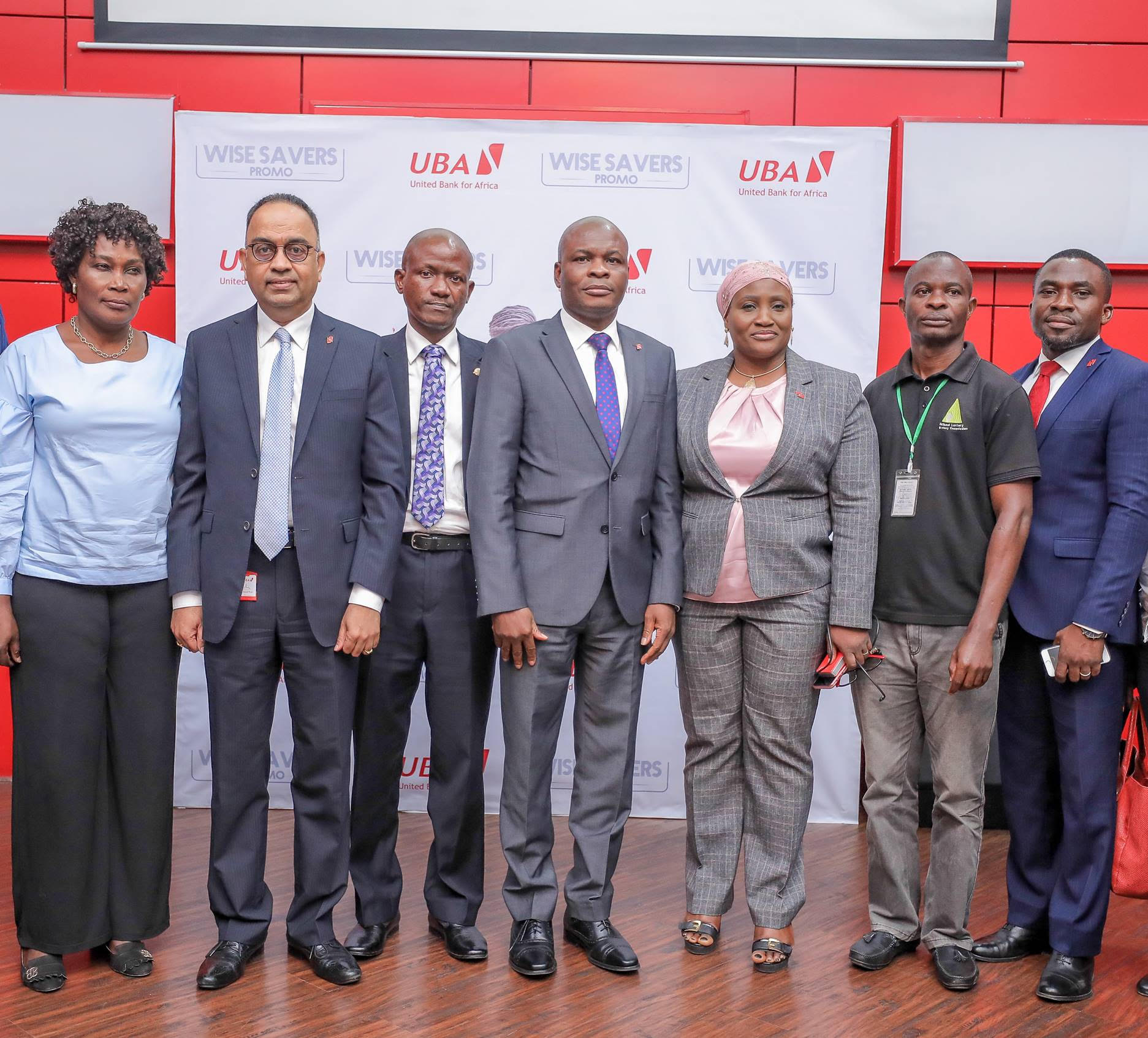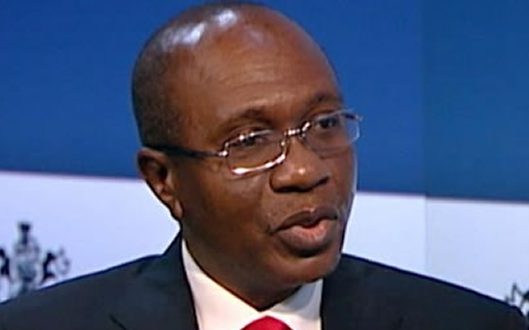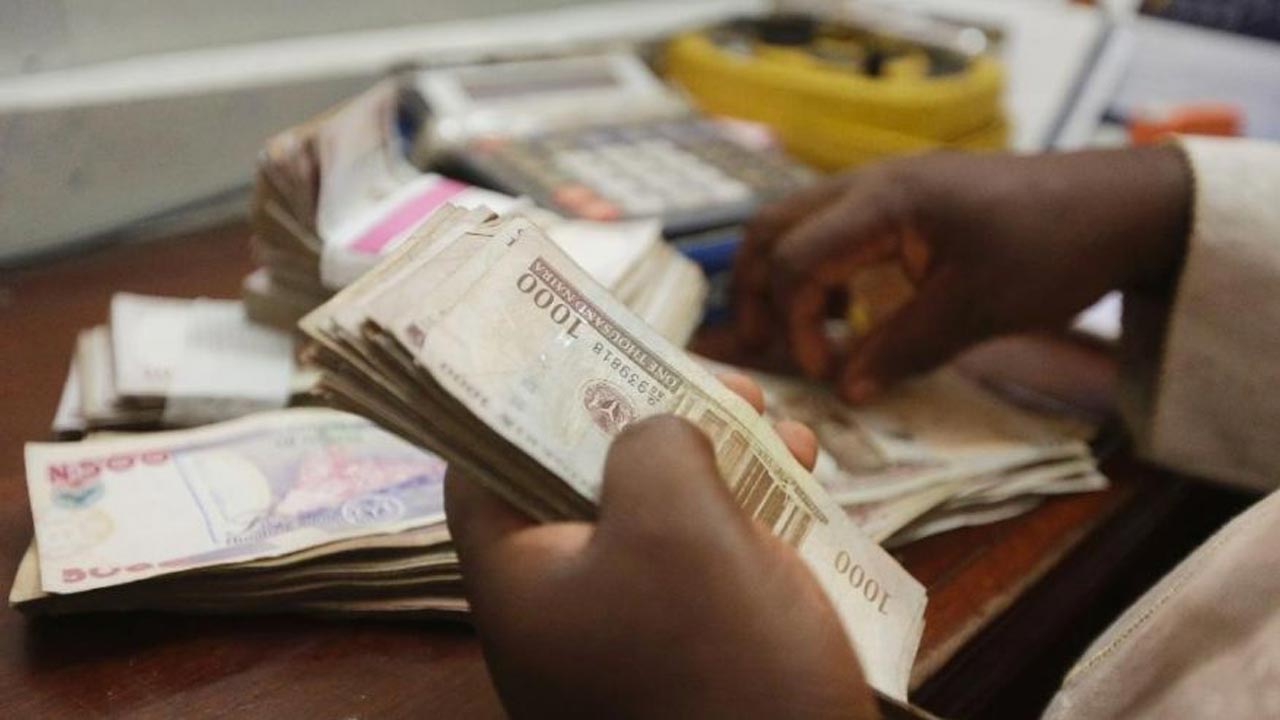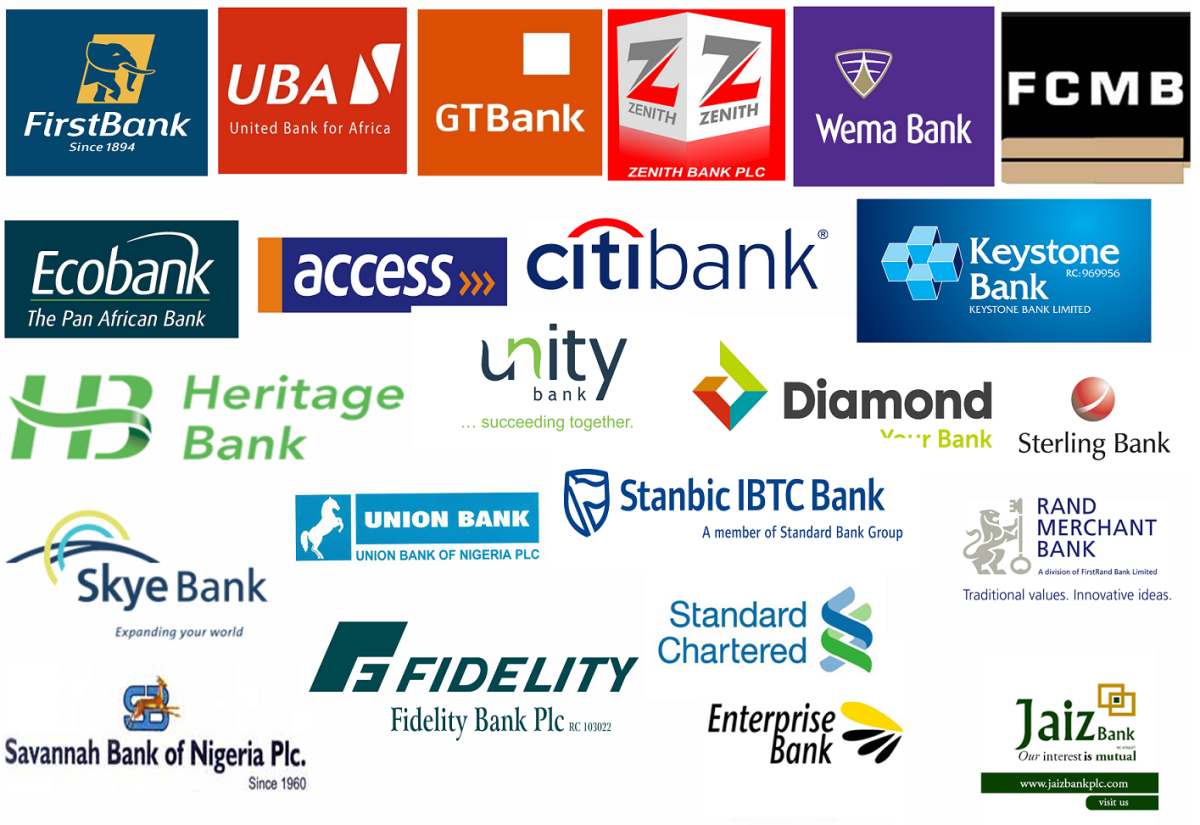Pan-African financial institution, United Bank for Africa (UBA) Plc has rewarded 20 loyal customers with N1,500,000 each, in the first edition of its quarterly draw for the ongoing UBA Wise Savers Promo, which was held at the bank’s headquarters in Lagos on Tuesday.
At the event, a total of N30,000,000 was won by 20 lucky customers who were selected following a draw that was witnessed by key regulatory officials including representatives of the National Lottery Regulatory Commission, (NLRC); Lagos State Lottery, Board, (LSLB) Consumer Protection Council (CPC) as well as members of the media.
To qualify for the draws, new and existing customers of the bank are expected to save at least N10,000 each month for three consecutive months, or N30,000 for 90 days in the promo, which will run for the rest of the year. Apart from the N30 million won by 20 customers on Tuesday, another N90 million is still expected to be won by 60 more loyal customers in the remaining three quarters of the year.
The winners, who cut across all regions of the country, are: Nnadumije, Ebube Dawn; Onwochei Christiana Okwukwe; Eze Mathias Nnaji; Christian N Orie; Uka, Okwudiri; Okata Stephen Uche; Okafor Onyinye Esther; Nwanekezi Chimezie Jude; Ayomide V Yahaya and Olanegan, Oyetunde Keji.
Others are Emmanuel Onu Chidozie; Mohammed Fatima; Aminu, Mustapha; James Nanre; Pahinti Albert; Emmanuel O Adeniji; Jaki Movihinze Mercy; Saminu Muritala Mohammed; Ezeh Raphael Uballa; Uchenna Iheji.
When contacted on the phone, one of the 20 lucky winners; Nnadumije, Ebube Dawn, excitedly expressed gratitude to the bank and said he was happy to be a customer of the bank. He thanked the bank, and said the move was thoughtful and will help to enrich customers especially during these trying economic times.
The Group Executive, Digital and Consumer Banking, Mr. Anant Rao, who addressed participants at the event, said the promo was launched as part of the bank’s initiatives towards prioritising customers. He added that customers who save consistently would be rewarded in order to promote the financial inclusion initiatives of the bank. ‘We believe it is time we rewarded our customers who have been very loyal over the years. Without them, we would not have made the giant strides attained thus far’ .
According to Rao, “Because our customers are invaluable to all that we do, we listen and give them nothing short of the best that they deserve’
“We remain committed to consistently improving customer service and rewarding our loyal customers. The Wise Savers Promo seeks to compliment current initiatives aimed at growing savings,” he noted.


![[Video] Customers of Polaris bank panic over technical shutdown](https://thenewsguru.ng/wp-content/uploads/2018/12/Polaris-Bank.jpg)



